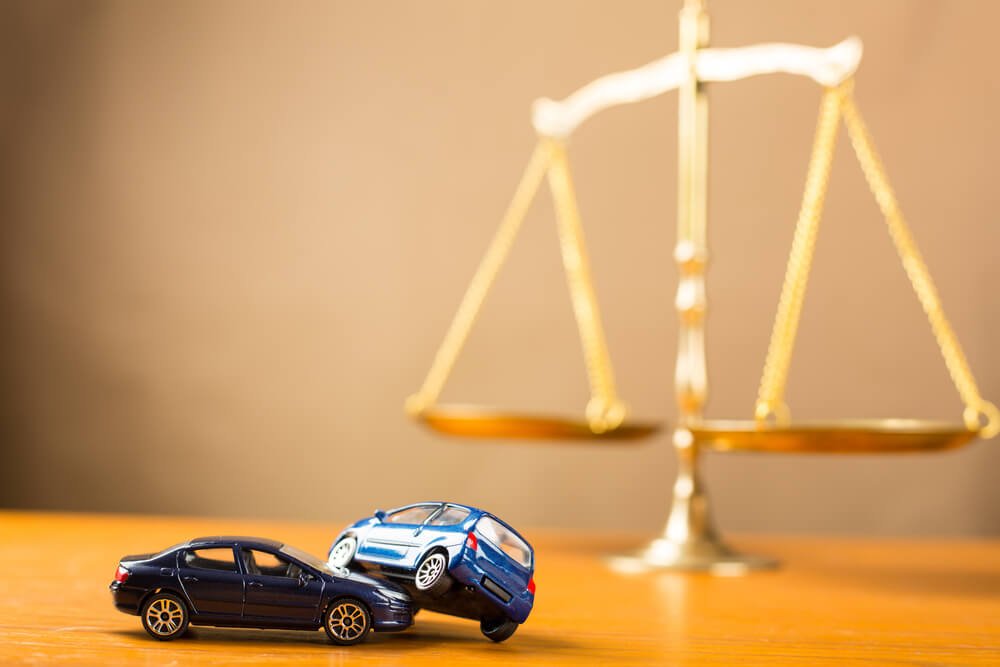Why You Need A Design Patent
If you make a product with a unique design or pattern, you might want to consider getting a design patent. If you don’t know what this is, don’t worry, we’re here to help. In this article, we’ll be explaining some things you need to know about design patents and how they can benefit your business. So, without wasting any more time, let’s get right to it.
What Is A Design Patent Anyway?
This kind of patent is a type of legal protection for manufactured products that have unique designs, configurations, surface orientations, and shapes. Items protected by design patents cannot be copied or manufactured by any other entity.
This prevents other people from stealing or copying your unique product designs. Design patents are used by many companies and huge franchises like Sony, Apple, Honda, and Samsung. Visit https://en.wikipedia.org/wiki/Patent to learn more about patents.
What Products Can/Cannot Be Patented?
It’s important for you to bear in mind that not everything is eligible for patenting. Here are some things that can and cannot be patented:
Things That Can Be Patented
- Computer hardware and software
- Games
- Perfumes
- Jewelry
- Machines
- Musical instruments
- Sports items
- Business methods
- Computer accessories
- Plants
Things That Cannot Be Patented
Most, if not all governments, won’t approve a patent for an idea. Even if your idea is incredibly creative and revolutionary, it won’t matter. If you want to patent an idea for an invention, you have put that that idea on paper first. In some cases, all you have to do is provide computer-rendered images or drawings. Once you have provided a visual illustration, it’s now less of an idea and more of a concept. You don’t have to make a prototype; however, your illustration must explain how the product will work in detail.
Despite all this, there are still some things that cannot be patented. Here are some of them:
- Newly discovered natural substances
- Surgical procedures and methods
- Inventions that go against the current laws of science.
- Processes that only require physical activity (e.g. dance routine)
- Natural laws
- Drugs that risk the user’s safety
- Mathematical formulas
- Scientific principles
Utility Vs Design – What’s The Difference?
It’s important that you don’t confuse these two types. While both of them protect the uniqueness of an item, they cover different aspects.
Design patents only cover the physical appearance of an item. Utility patents, on the other hand, go even further by also protecting the structural composition of the product and its unique functionality.
When it comes to lifespan, design patents tend to last for about 15 years. The lifespan of the patent depends greatly on the filing. Furthermore, design patents do not require any maintenance fees. Utility patents, on the other hand, last for up to 20 years. However, unlike design patents, you have to pay maintenance fees from time to time. Click here to learn more on the differences between the two types.
Advantages Of A Design Patent
Design patents offer various benefits and advantages. For instance, they are a more affordable patent option and don’t require you to wait for a long length of time (unlike utility patents). This kind of patent is great for stopping and preventing other entities from copying your product on the wholesale level. It also stops people from importing infringing goods.
Downside Of This Type Of Patent
Despite the benefits, there is one major downside to this. This kind of patent is limited to only the external appearance of the product. This means that the internal structure and unique functionality aren’t covered. On the bright side, some products can get both utility and design patents.
Do I Need One?
Patents are great and all, but by now you must be asking, “is it compulsory to get one?” The short answer is no. Your product doesn’t necessarily need to be patented for you to sell it. However, you run the risk of having your idea stolen or copied by someone else. If you don’t feel the need to apply for a patent, you don’t need to (But it’s always best to seek the advice of a qualified professional, like an attorney, before you make such an important decision).
Patenting Your Product
As you’ve probably guessed by now, patenting your product is a complex procedure. While you have the ability to go through the steps by yourself, it is advised that you hire a design patent attorney to help you. This is because, if you don’t go through all the steps properly, you could end up losing any hope you had of patenting your product or invention.
An experienced attorney can provide legal assistance for you and walk you through the whole process of obtaining a patent efficiently and easily.

Things To Provide Your Attorney
When applying for a patent, you will need to provide your attorney with detailed drawings of your invention (CAD drawings if possible). If available, you can also present a sample or prototype of the product. Presenting a prototype isn’t really necessary. However, you must provide drawings. If you wish to save cost, you can provide the drawings in an electrical format.
You will also need to point out the important parts and features of the design that you think might be changed or copied or changed by competitors. If necessary, you may have to make several modifications to your plan. This includes adjusting things like proportion, shape, and size. You may also have to remove some non-essential parts.
How Much Does Patenting Your Product Cost?
You need to keep in mind that the total amount you will have to pay depends on your region and the attorney you hire. Price also varies depending on the type of patent. For certain products like toothbrushes or board games, you might have to pay about $7000 dollars (attorney’s fee included). On the other hand you could also end up spending over $20,000 for things like business methods, automated systems, and software.
Conclusion
Patenting your product is a great way to prevent competitors and other manufacturers from copying your unique designs. When applying for a patent, it’s important that you get a good attorney to help you with the process. An attorney will have the skills and information necessary to ensure that you get your patent without any legal problems or unnecessary delays.




